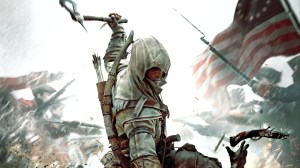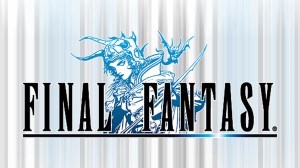Every so often, a video game comes along that doesn’t just redefine its franchise—it redefines an entire genre. It’s the kind of title that you can look back on and know that’s when everything changed. For Ubisoft, this moment came twelve years ago, an era dominated by annual releases. To my surprise, this game’s bold creative experiment worked, and worked really well. It blended the historical nature of the Assassin’s Creed series with new elements, and to this day, it remains one of the most beloved entries in this long-running series.
Videos by ComicBook.com
Assassin’s Creed IV: Black Flag was released on October 29, 2013. It was practically a reinvention of the series, especially after the lackluster response to Assassin’s Creed III. It combined the established assassin formula with open-world high-seas exploration and swashbuckling action. Black Flag didn’t just change the series; it set a new standard for pirate games, one that has yet to be surpassed to this day.
Black Flag Redefined the Series With a Pirate’s Life
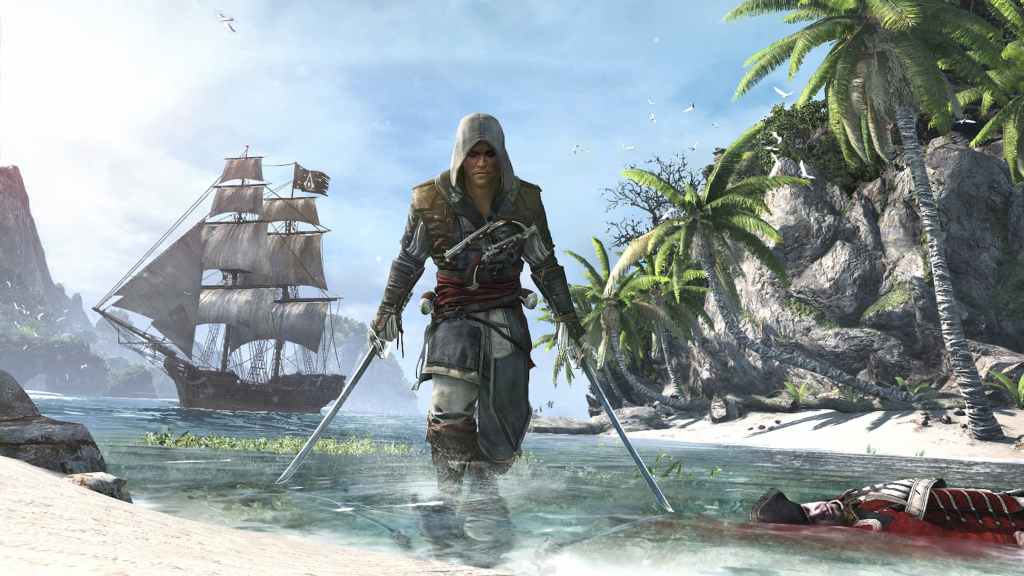
When Assassin’s Creed IV: Black Flag launched, it was a revelation. Coming off Assassin’s Creed III, which had an ambitious but uneven reception, Ubisoft decided to pivot. Rather than returning to the rooftops of Renaissance Italy or colonial America, players were dropped into the Caribbean. This open-world playground of turquoise seas, bustling ports, and hidden treasures was a major success and is considered the best game in the series.
You played as Edward Kenway, a charismatic Welsh privateer-turned-pirate caught between the Brotherhood of Assassins and the Templar Order. The brilliance of Black Flag lay in how naturally it fused those worlds. You were a pirate trying to make your way through the world, and at its core was naval exploration, unlike any game before it. The Jackdaw was a mobile base that provided a safe haven as well as upgrades and customization. And let’s not forget the incredible sea shanties that brought your crew to life.
The seamless transition between land and sea was groundbreaking for its time. One moment, you’d be engaging in tense ship battles, firing broadsides, boarding enemy vessels, and looting treasure. Next, you’d be leaping across rooftops in Havana or sneaking through jungle ruins. It captured the best of both worlds when it came to open-world exploration. Games like Assassin’s Creed Origins, Odyssey, and Valhalla owe much of their DNA to Black Flag’s design. The focus on player-driven exploration, sprawling maps, and layered progression systems all trace their lineage back to this 2013 masterpiece.
From Black Flag to Skull & Bones: When the Treasure Went Missing
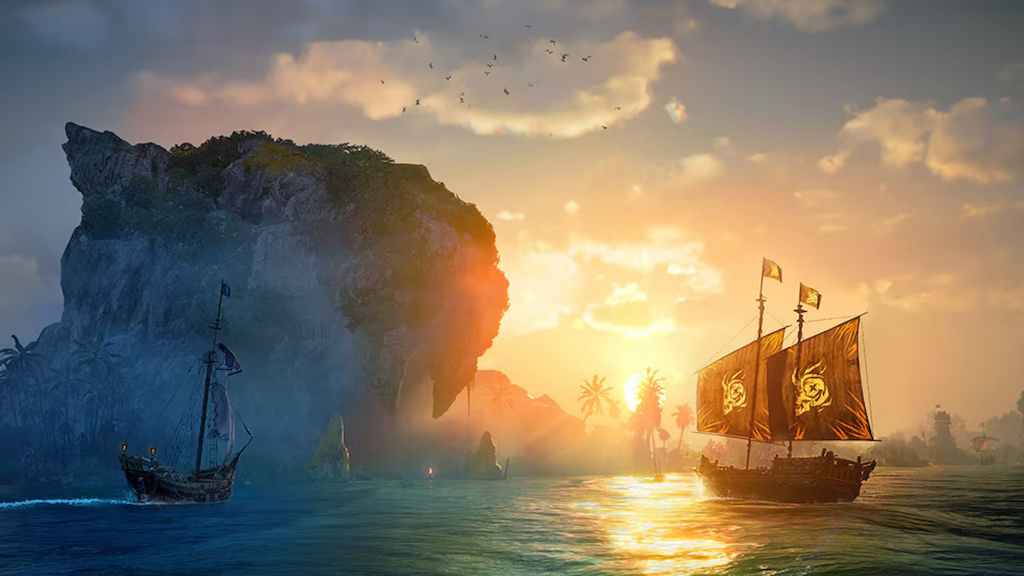
It’s almost poetic that one of Ubisoft’s greatest triumphs would lead to one of its most infamous games. The naval combat and exploration of Assassin’s Creed IV: Black Flag were so successful that Ubisoft decided to expand on them in a standalone pirate adventure—Skull & Bones. On paper, it made perfect sense. An open world with dedicated sailing and naval combat, based on Black Flag’s mechanics, but modernized, would be a true game for me and so many other fans.
But what should have been a surefire hit was delayed by nearly a decade. Reboots and reinventions have plagued development since Skull & Bones was originally announced in 2017. When the game was finally released, fans quickly realized it lacked the magic of Black Flag. It missed the heart of piracy, replacing Kenway and his crew with a ship that operated on menus and meters. There was no boarding, no swashbuckling, and no meaningful use of leaving your ship.
It was painful to watch. I had high hopes for Skull & Bones, but the end product was so far from the perfect pirate game Ubisoft had already made, and it baffled me. It felt like a grindy, soulless, live-service game that completely missed the point of why fans loved Black Flag. Ubisoft only needed to expand upon the ideas already established in 2013; instead, it chased a trend that sank Skull & Bones from its maiden voyage.
Black Flag Remains the Pinnacle of Pirate Games
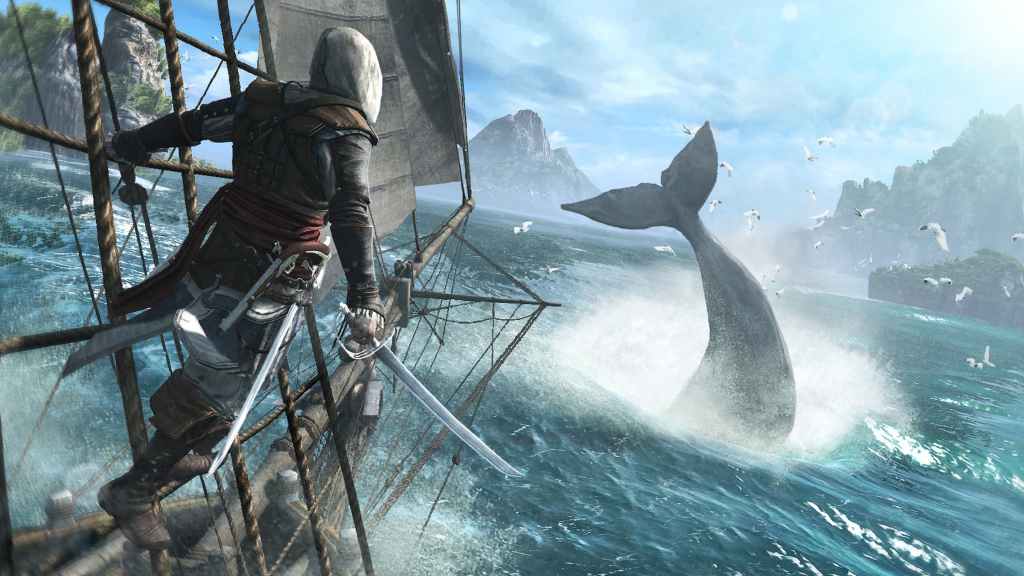
Even twelve years later, Assassin’s Creed IV: Black Flag remains the undisputed king of pirate games. Many have tried to capture that same magic, but none have succeeded. Sea of Thieves managed to carve out its own space, focusing on multiplayer exploration and chaos, but as much as I love the game, it lacks the narrative and mechanical cohesion of Black Flag, ultimately feeling shallow in comparison.
Assassin’s Creed IV: Black Flag’s greatest strength was in how it balanced fantasy and realism. It let me live out my dream of being a pirate and kept every mechanic grounded and connected. Whether I was battling enemy vessels, looting treasure, or just exploring a new island, Black Flag gave me the tools to live the pirate life. It embraced freedom and experimentation and delivered a story with surprising emotional weight for the series.
Even twelve years later, Assassin’s Creed IV: Black Flag remains the undisputed king of pirate games. Many have tried to capture that same magic, but none have succeeded. Sea of Thieves managed to carve out its own space, focusing on multiplayer exploration and chaos, but as much as I love the game, it lacks the narrative and mechanical cohesion of Black Flag, ultimately feeling shallow in comparison.
Assassin’s Creed IV: Black Flag’s greatest strength was in how it balanced fantasy and realism. It let me live out my dream of being a pirate and kept every mechanic grounded and connected. Whether I was battling enemy vessels, looting treasure, or just exploring a new island, Black Flag gave me the tools to live the pirate life. It embraced freedom and experimentation and delivered a story with surprising emotional weight for the series.
The only way I can see Black Flag being dethroned is if someone takes the task seriously, creating a pirate game for the love of the genre, not for bleeding wallets dry. A single-player, open-world pirate game with a character-driven narrative is my dream, and the only way I see another game being better. I imagine something like Red Dead Redemption 2 that transports you to the golden age of piracy, showing the good and the bad, and fulfilling the same dream Black Flag did. Assassin’s Creed IV: Black Flag remains Ubisoft’s gold standard, and I don’t know if it will ever top it.
What do you think? Leave a comment below and join the conversation now in the ComicBook Forum!

